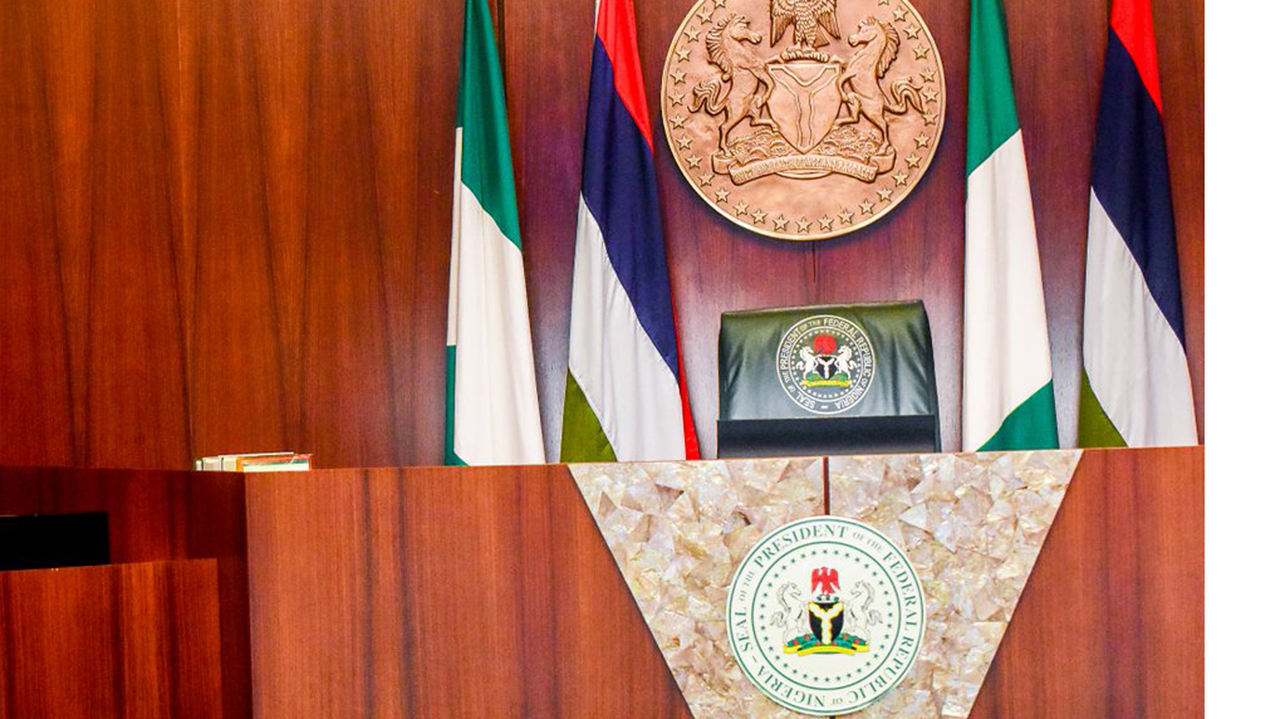In May 2015, when he was sworn in as the president of the Federal Republic of Nigeria, Muhammadu Buhari made a strong show of patriotic commitment when he announced clearly, “I belong to everybody and I belong to nobody.” That came as an additional signifier to the immense goodwill and personal capital of integrity that he brought on board; an administration that was invested with lots of expectations from Nigerians. The catchphrase, though not clearly lived out in the lifetime of the present administration, is a fundamental number one factor that speaks to a leader’s determination to govern no matter the impediments. The next is the imperative need for a vision. This visionary frame must have the capacity, one, to roam over the national past to achieve a diagnosis of national errors and misdirection that had led to leadership and governance failures. Or, did George Santayana, the American philosopher, not say, “Those who cannot remember the past are condemned to repeat it”? The past is where the rain began to first beat us, and it is from there we must begin to make sense of where we got it wrong. And then, two, the visionary frame must also take a critical note of Nigeria’s present political and economic configurations, especially within the ambit of regional and global political economy to make sense of Nigeria’s strength and weakness.
This visionary frame must be the precursor to the emergence of a governance philosophy of ideology that incorporates national goals with national consciousness in generating a “we-feeling” that constitutes the greatest underlying challenge of the national project in Nigeria. At the core of civic nationalism is a sense of an active citizenship that is motivated by a politically obliged government to undermine all forms of parochial biases and interests in the service of an overall commitment to the Nigerian nation. Citizenship is not achieved in a vacuum; it is the function of good government and a democratic governance that puts the citizens first. In a sense therefore, the leadership that will emerge in 2023 must be perceived as a unifier. The incoming administration will be inheriting a deeply fractured country where the six geopolitical zones represent ethnic prejudices that seem to determine more a sense of ethnic entitlement than unity. It would seem that the fracturing issues that led the country to a tragic civil war are still very much with us.
Why elections still have disputes in Nigeria— PCA
NIGERIA DAILY: ICPC Scores Justice Ministry, Police, Others Low On Ethics, Integrity
The task of national development and national reconstruction must therefore be simultaneous. One cannot wait for the completion of the other. In fact, one requires the other in temporal proximity. The achievement of a Nigerian national consciousness of unity requires an urgent imperative of national value deconstruction and reorientation. Thus, the next administration cannot afford to toe the line of “business as usual”. Or else, Nigeria will keep unraveling out of joint. Building a better Nigeria must be constructed around the praxis of learning to live together without foregoing what makes us different from one another. Federalism is Nigeria’s best bet for learning to live and develop together. Changing the mind of Nigeria’s national constituents therefore requires fundamental constitutional and structural reconstruction. A reordering of the place of the rule of law in Nigeria’s social and political order is a sine qua non for national progress.
Nigerians want to see a level playing field that allows them the full and rewarding exploration of their capabilities as humans. This already imposes a public service reform imperative on the new administration. This is a demand for a meritocratic public service founded on a competency-based human resources function and an appointment and hiring metric properly gate-kept and monitored to ensure peak performance. The restructuring of the public sector must be oriented towards achieving two survivalist objectives: bring cost of governance to the barest minimum, and to offload people in order to create space for talents that will bring core skills to beef up public service organisational IQ and policy intelligence. The same goes for a revamping of the federal character principle that complements the restructuring of Nigeria’s federal dynamic. Playing by the federal character frame does not exclude a meritocratic consideration. Federal character does not imply pushing ethnic incompetence into critical posts and positions.
Institutional integrity and performance hang precariously around the capacity of the new administration to facilitate a solid policymaking dynamics around the business of government, as well as programme and project management praxis underpinned by corporate governance principles and practices that take the trajectory from policy design to implementation very seriously. There is an urgent need for the restoration of value-based institutional parameters, and performance management practices activated by performance measures that include incentives, rewards and sanctions.
Being the change agent for the transformation of the Nigerian state post-2023 suggests being absolutely ready to make history. Of course, there is always the fall back excuse of “things are actually beyond what we expected” or “the preceding government laid the foundation for our failure.” No one should take up this challenge if he or she is not prepared either for the true state of governance or for what the predecessor has done. And this is why reforming the Nigerian state is not only an urgent imperative; it is a sacred responsibility.
Oloapa is a Retired Federal Permanent Secretary & Professor, National Institute for Policy and Strategic Studies (NIPSS), Kuru, Plateau State




